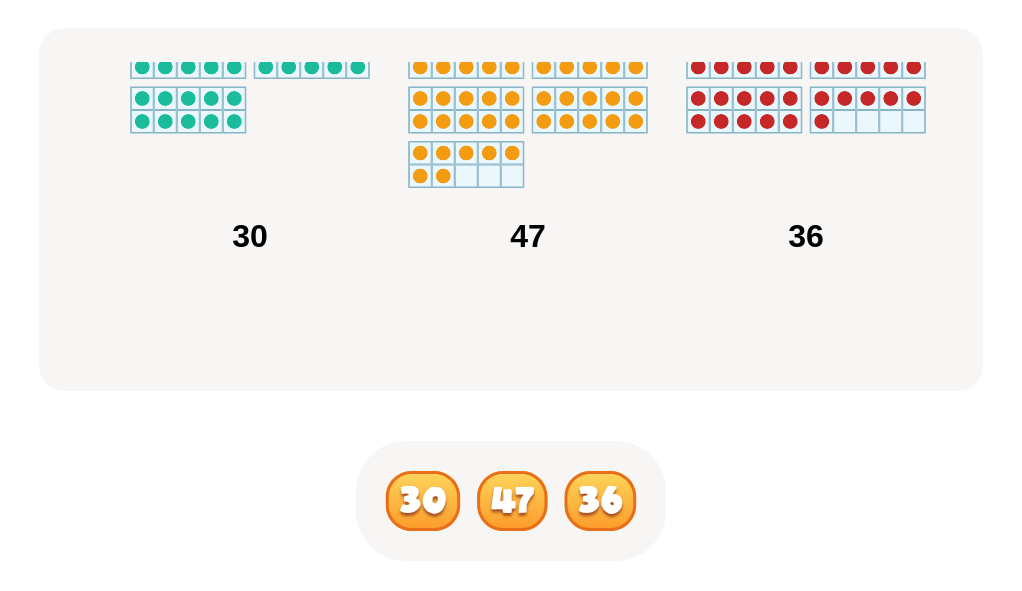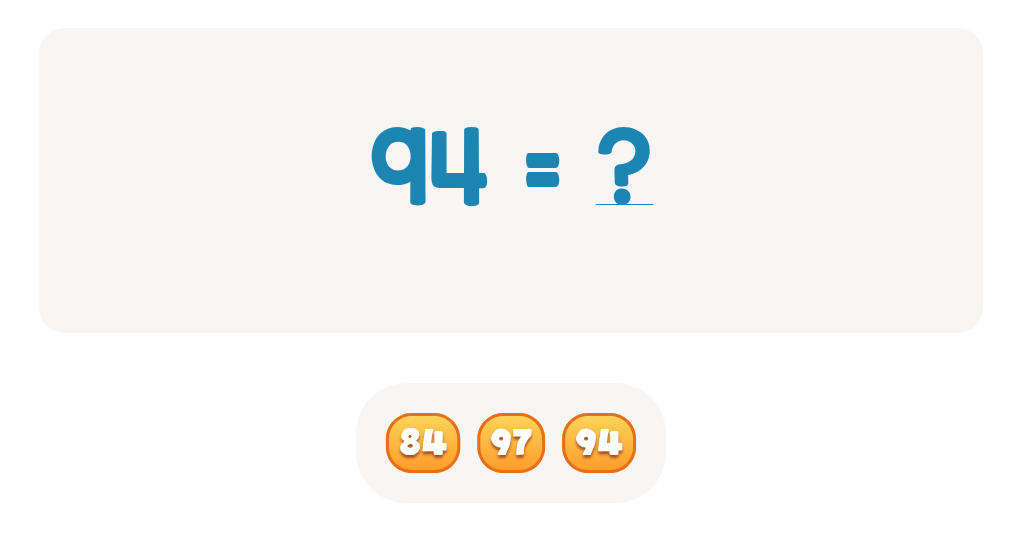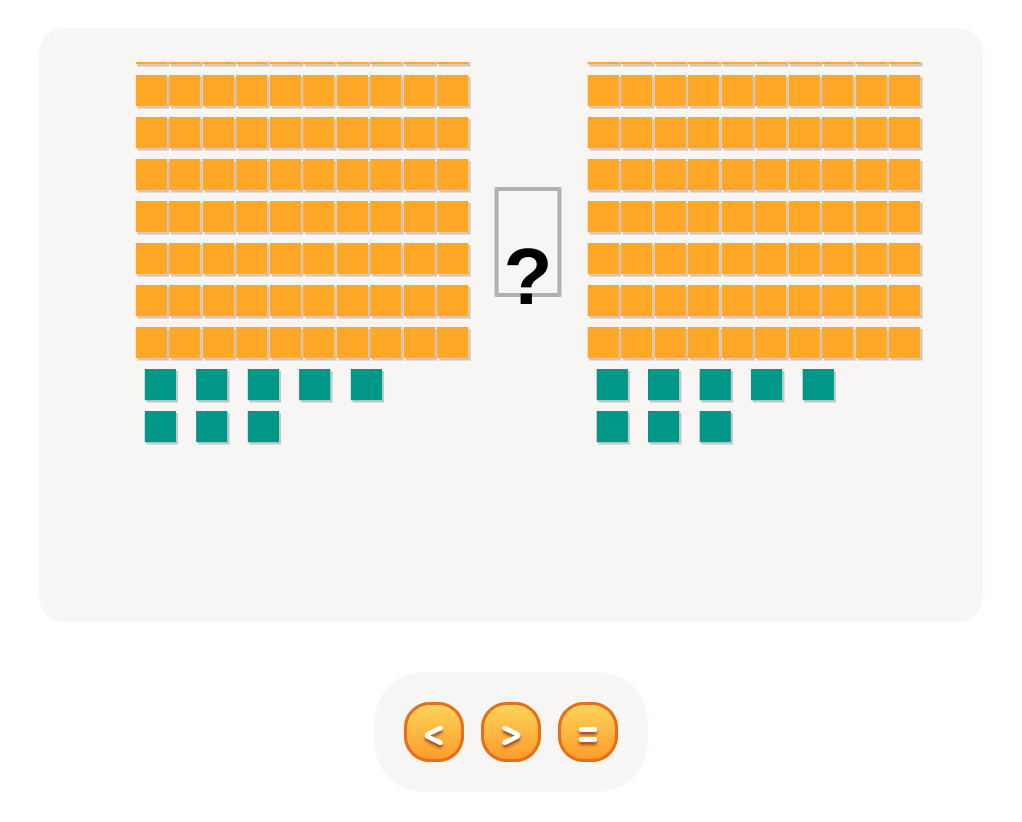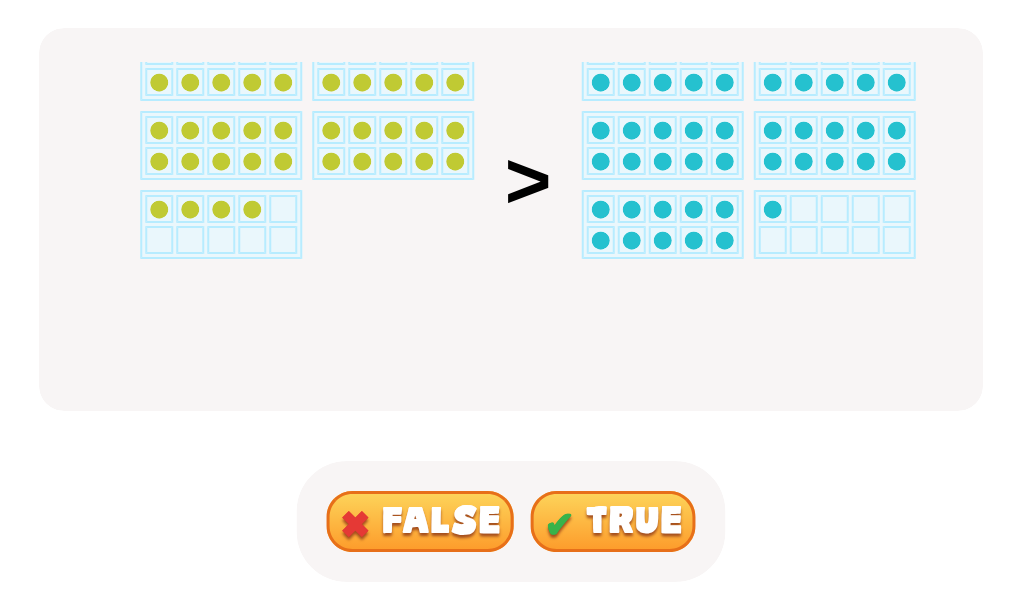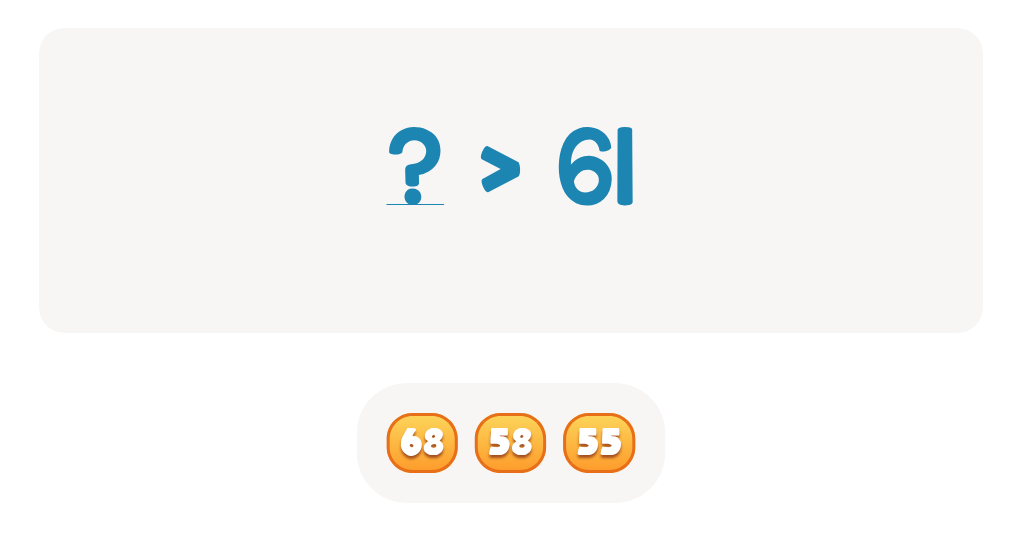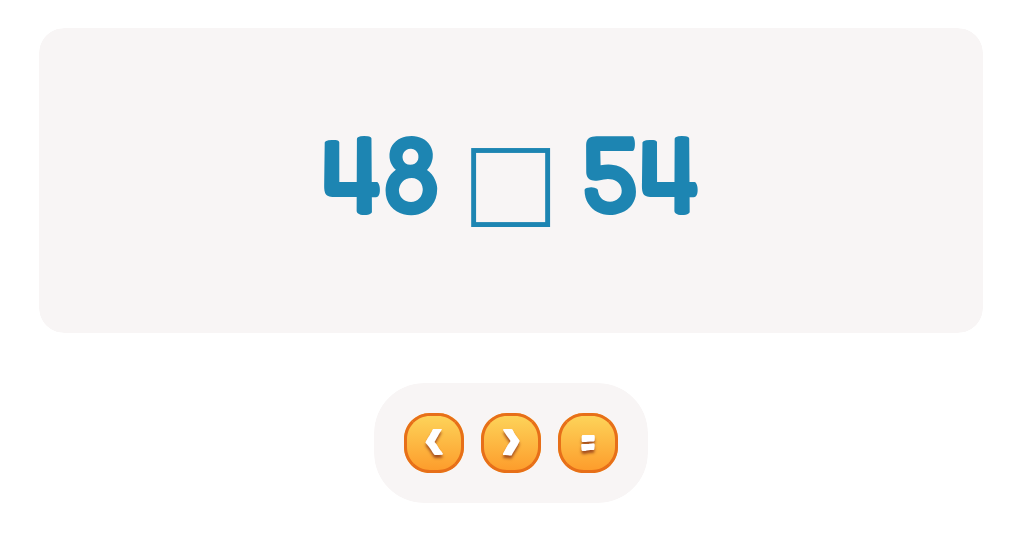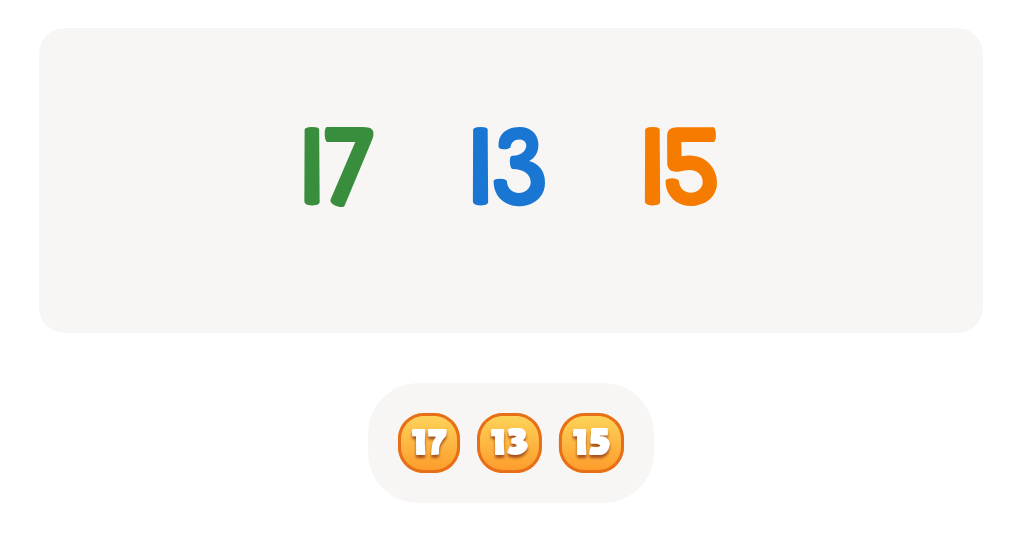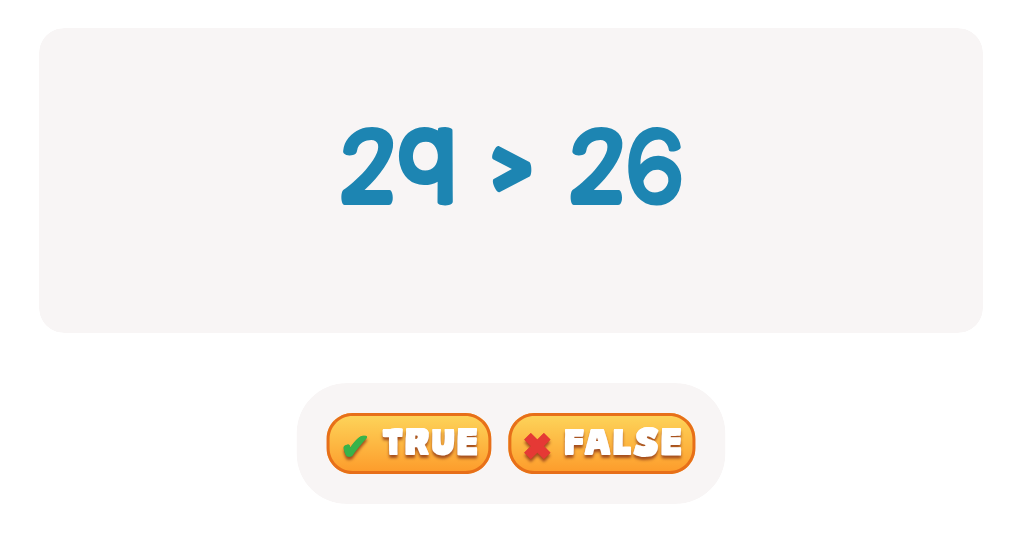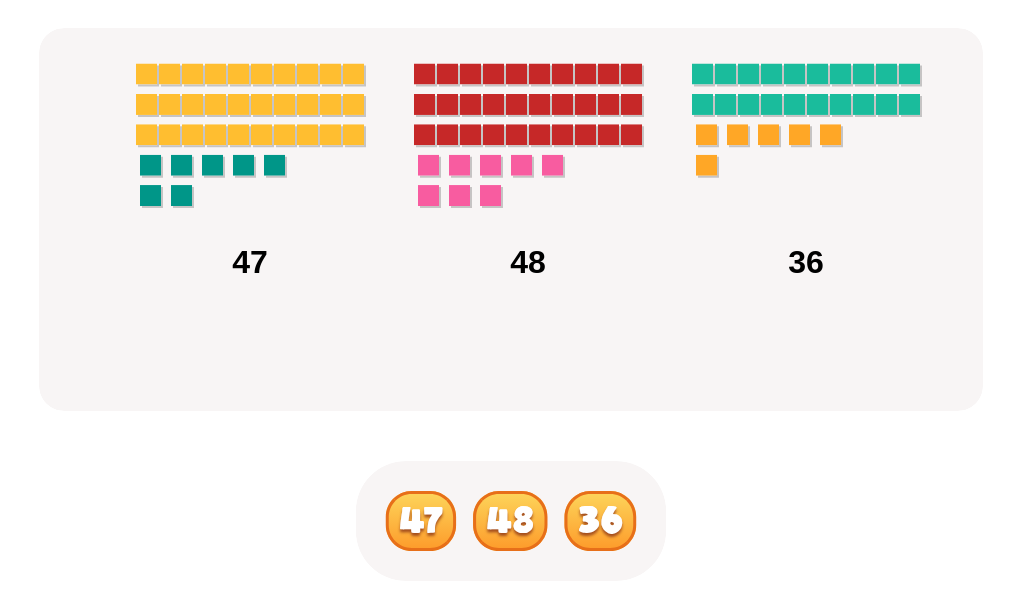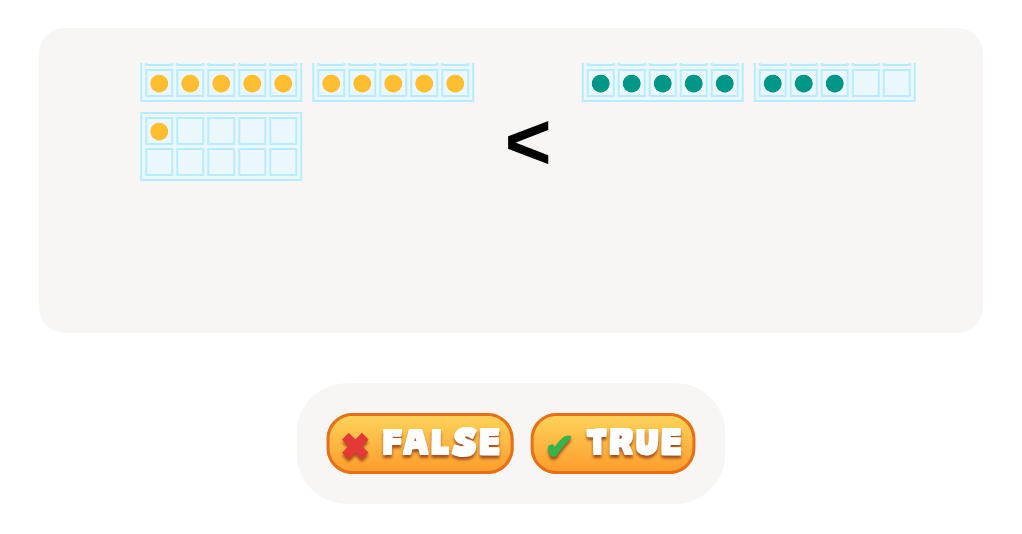Comparing Numbers Worksheets for Ages 5-9 - Page 2
52 filtered results
-
From - To
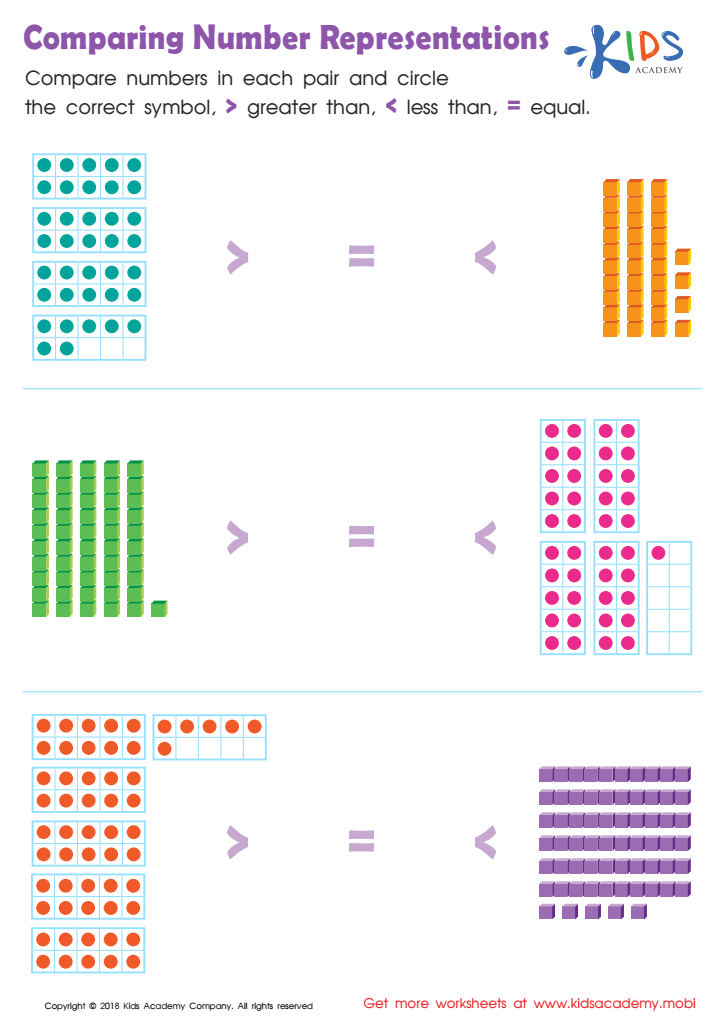

Comparing Number Representations Worksheet
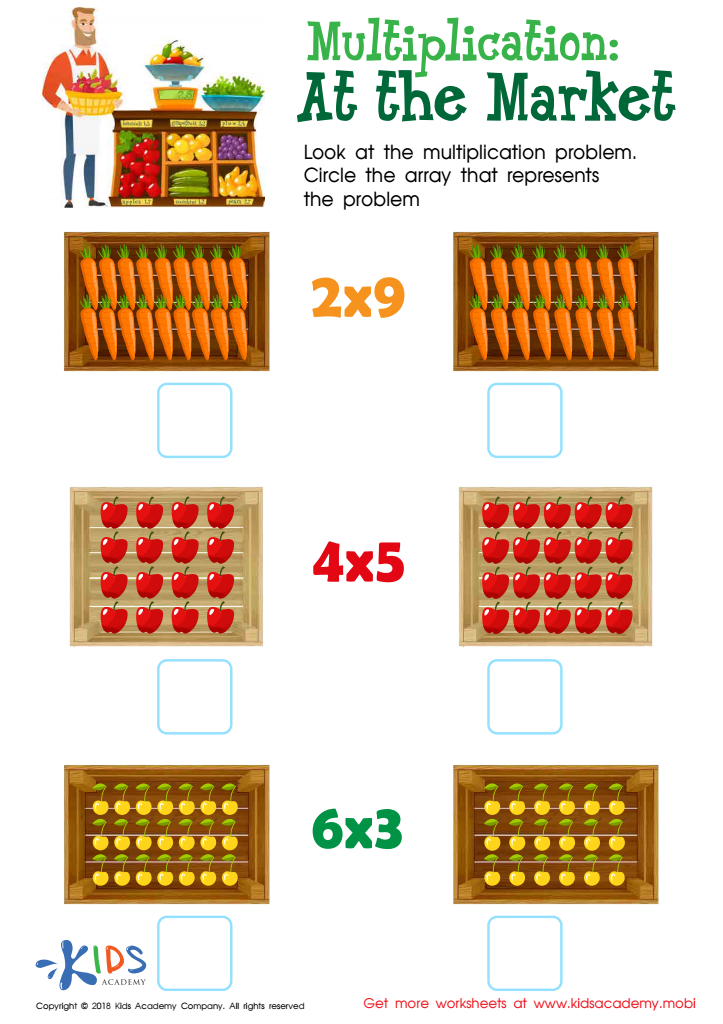

At the Market Worksheet
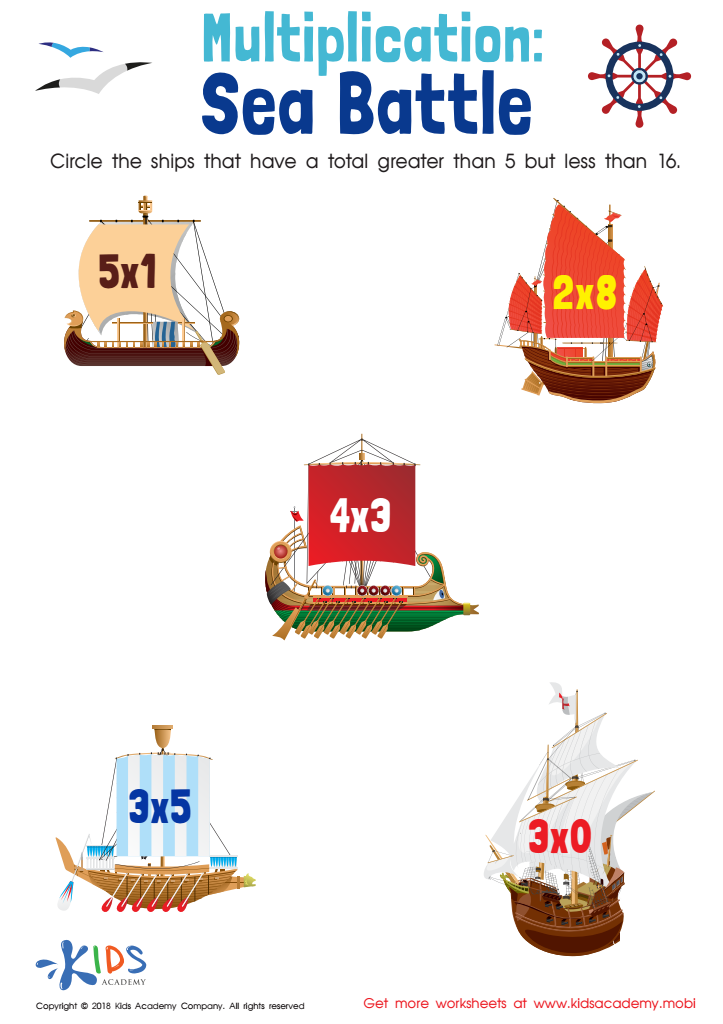

Sea Battle: Multiplication Worksheet
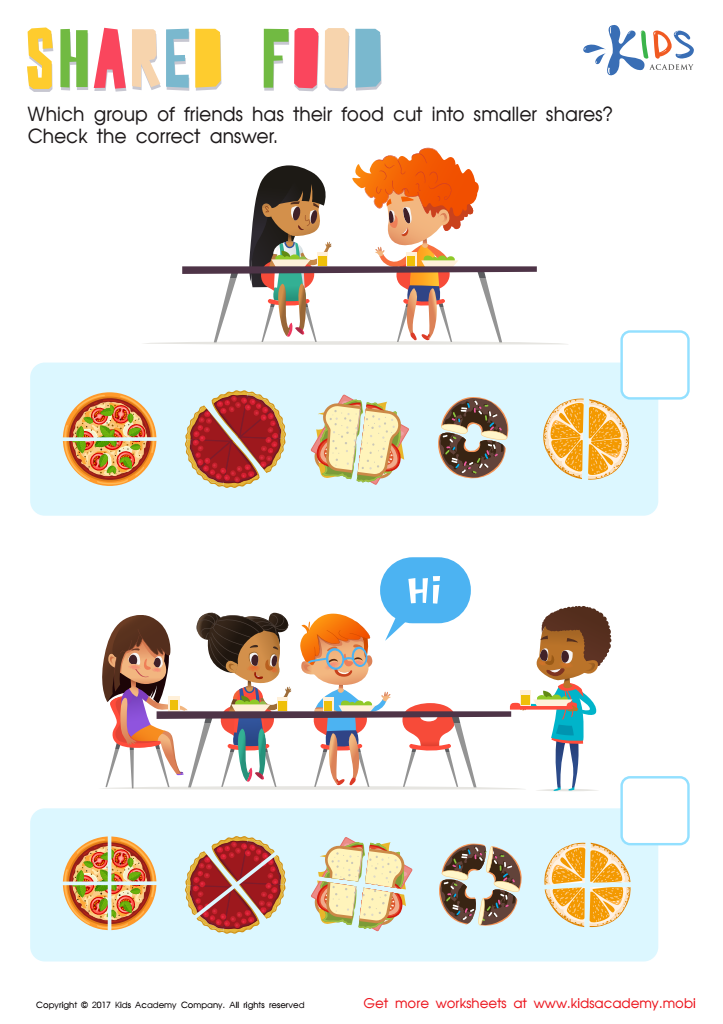

Shared Food Worksheet
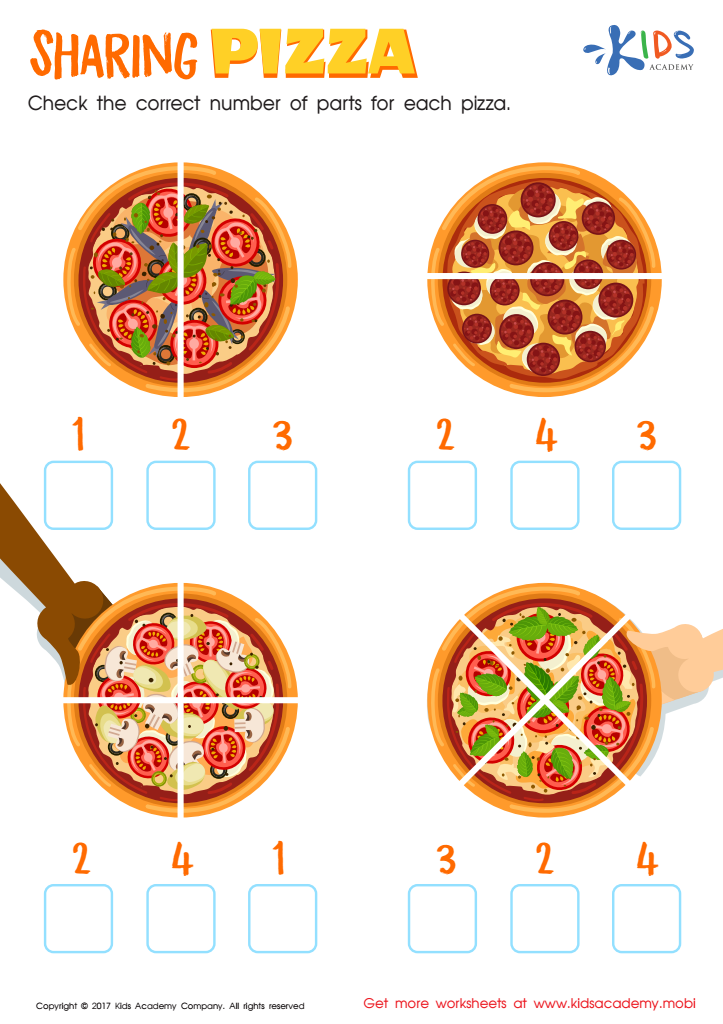

Sharing Pizza Worksheet
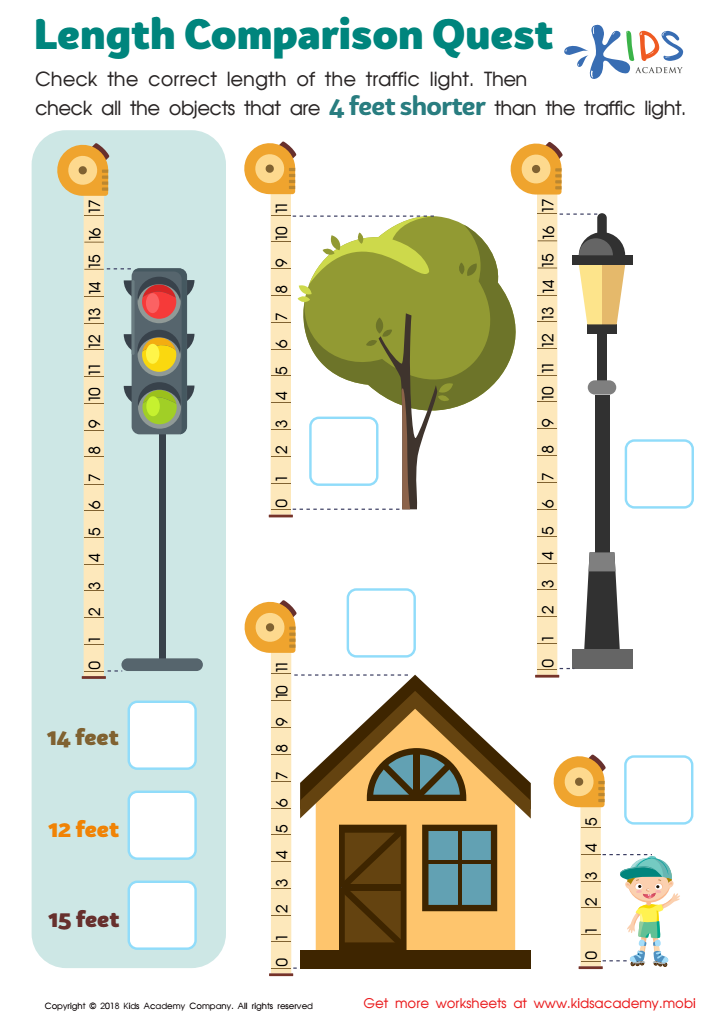

Length Comparison Quest Worksheet
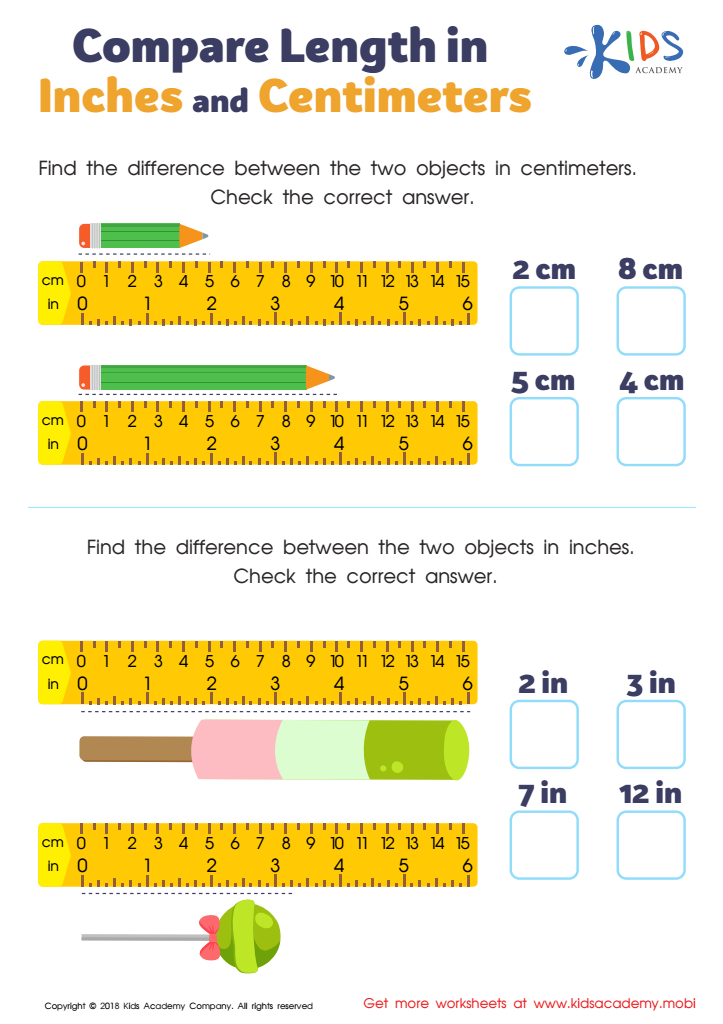

Compare Length in Inches and Centimeters Worksheet
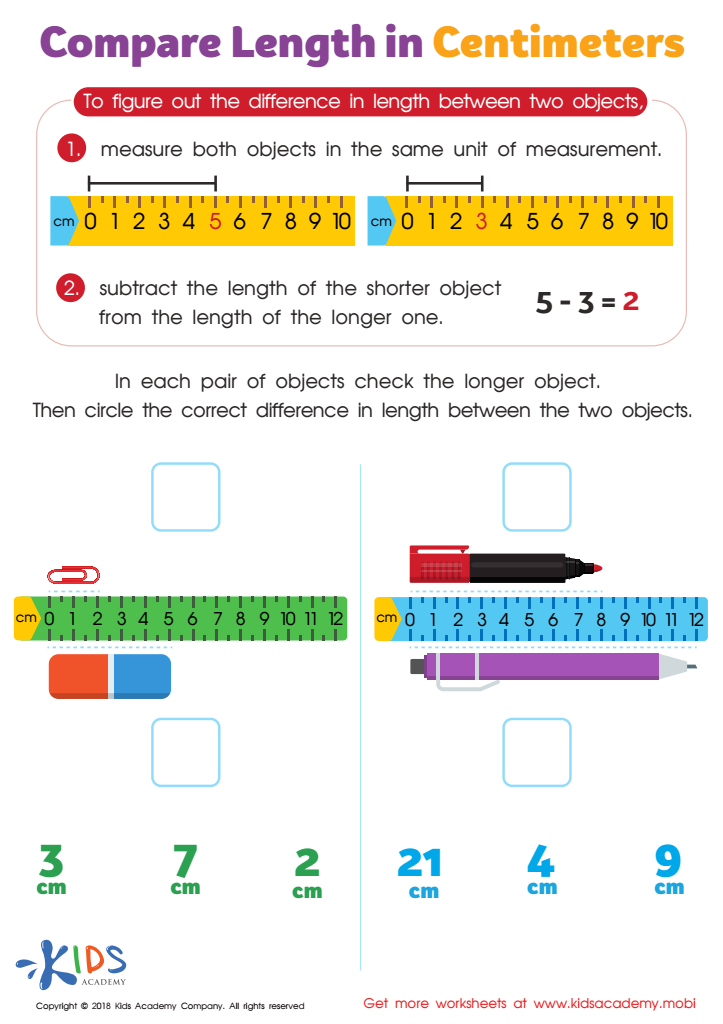

Compare Length in Centimeters Worksheet
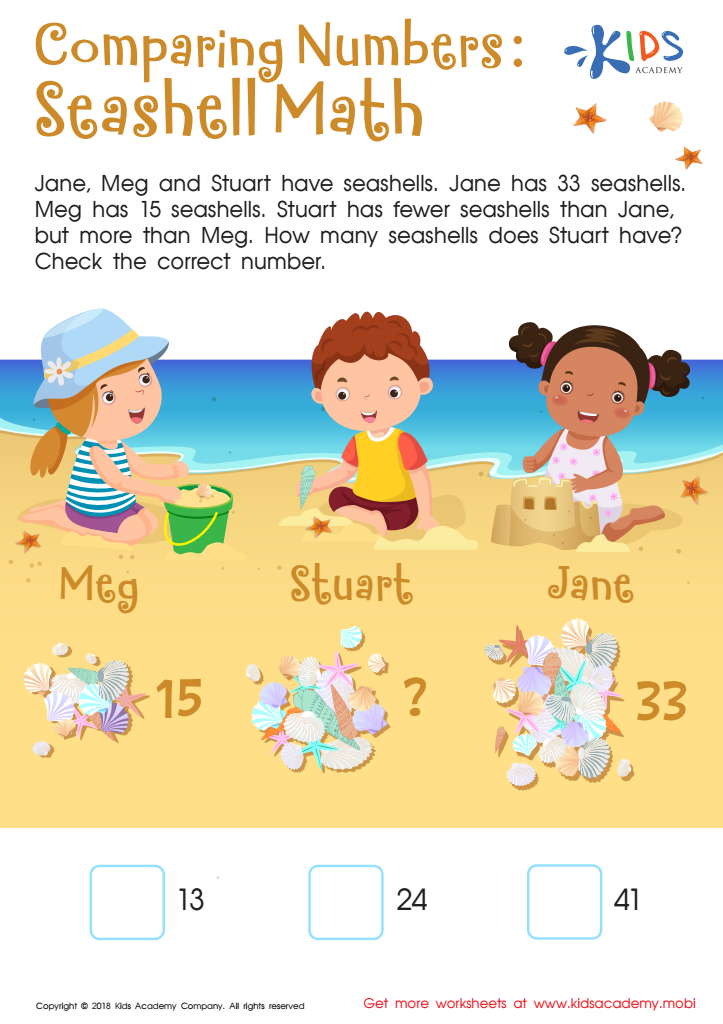

Seashell Collectors Worksheet
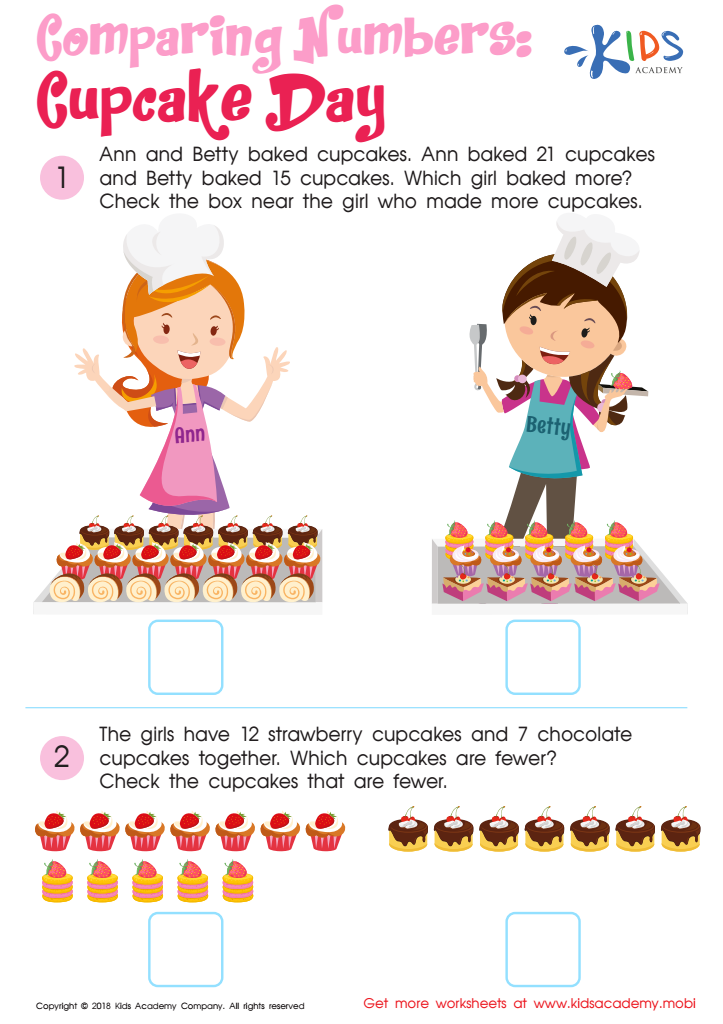

Cupcake Day Worksheet
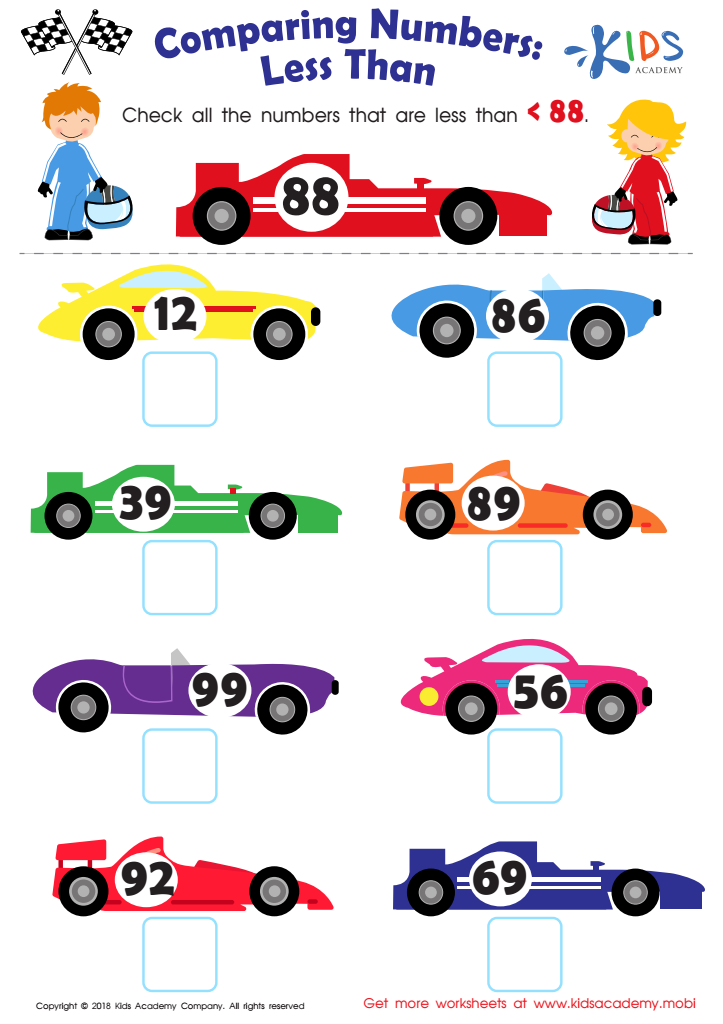

Less Than Worksheet
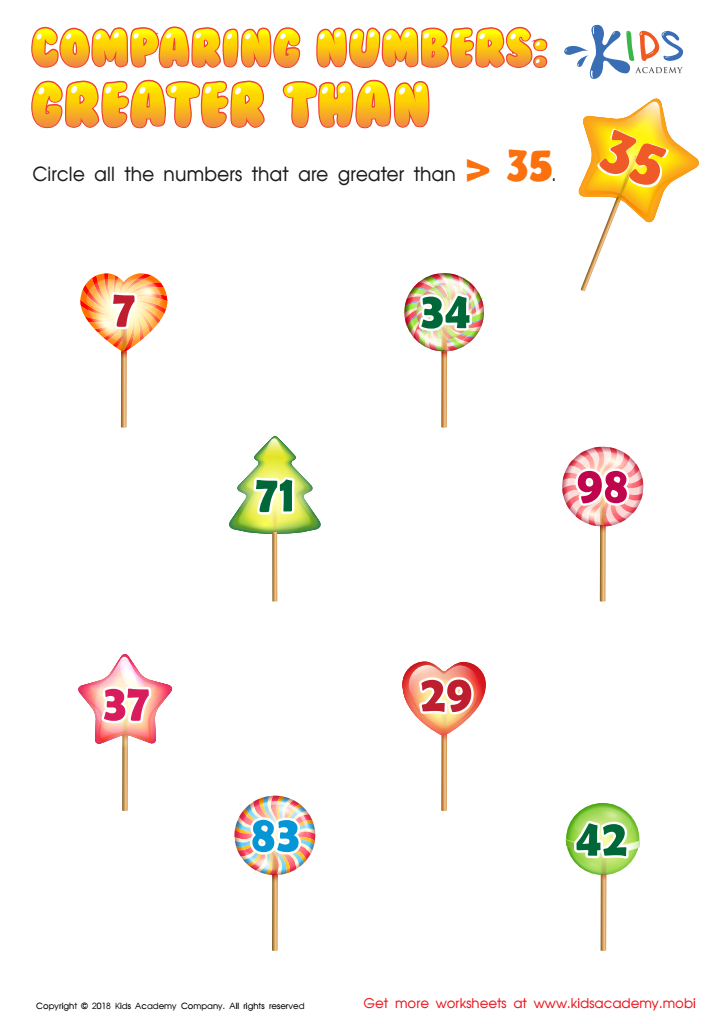

Greater Than Worksheet
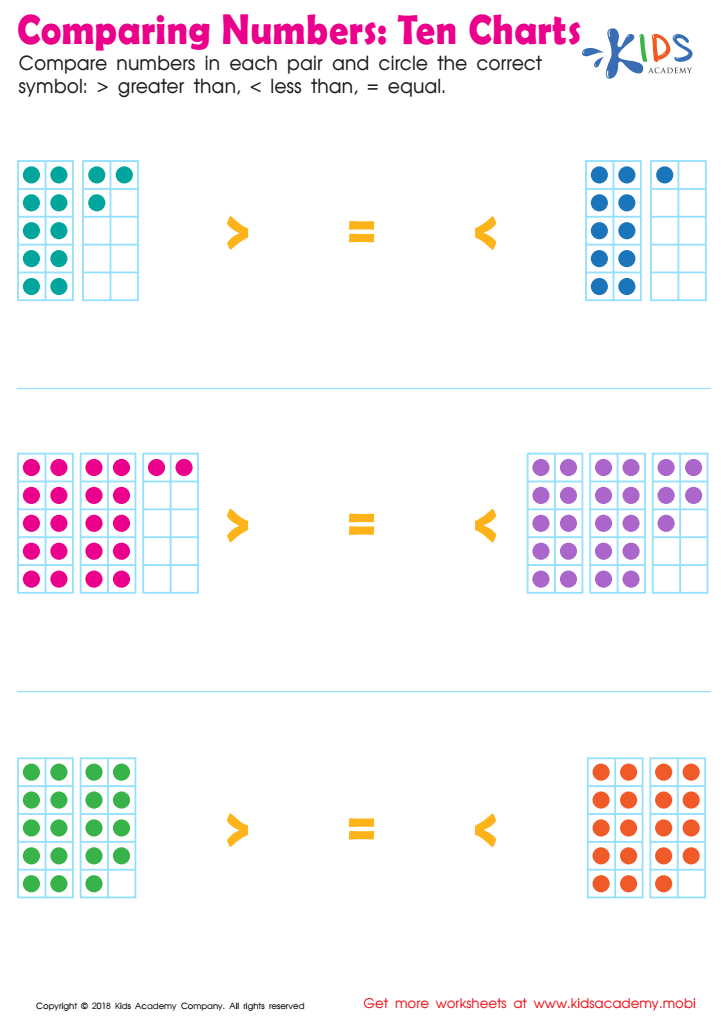

Ten Charts Worksheet
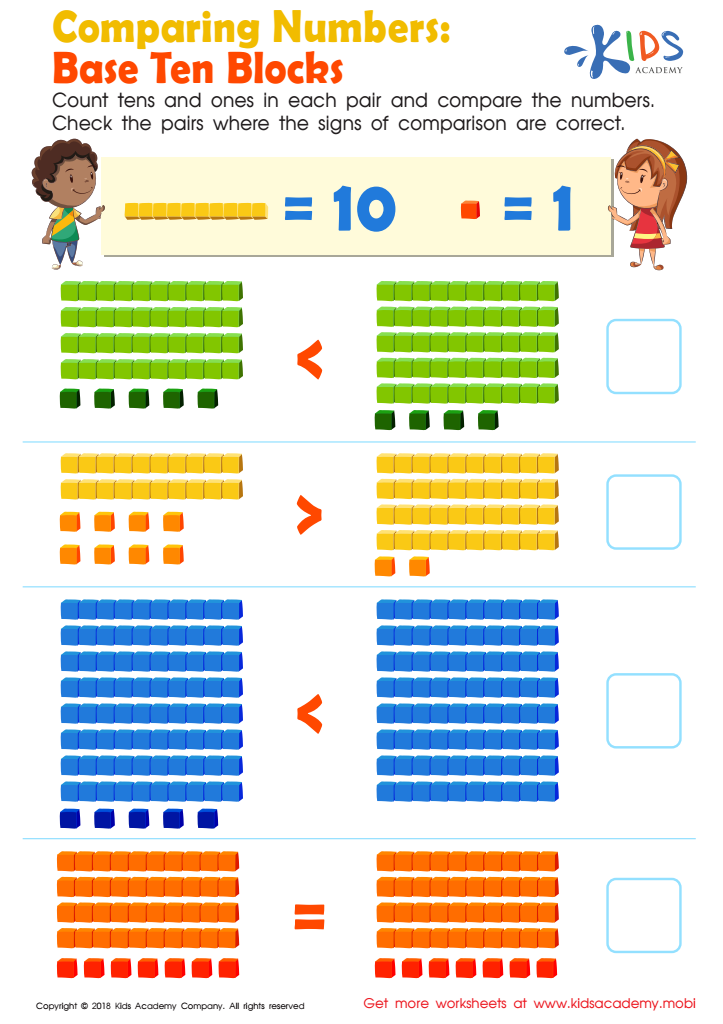

Comparing Numbers: Base Ten Blocks Worksheet
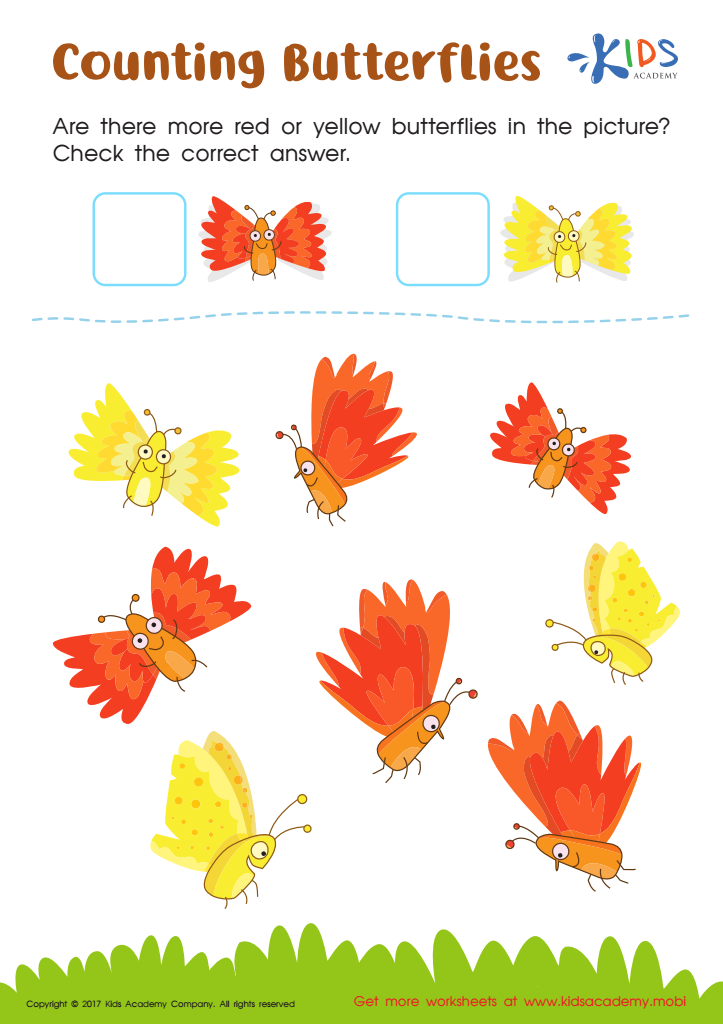

Counting Butterflies Worksheet
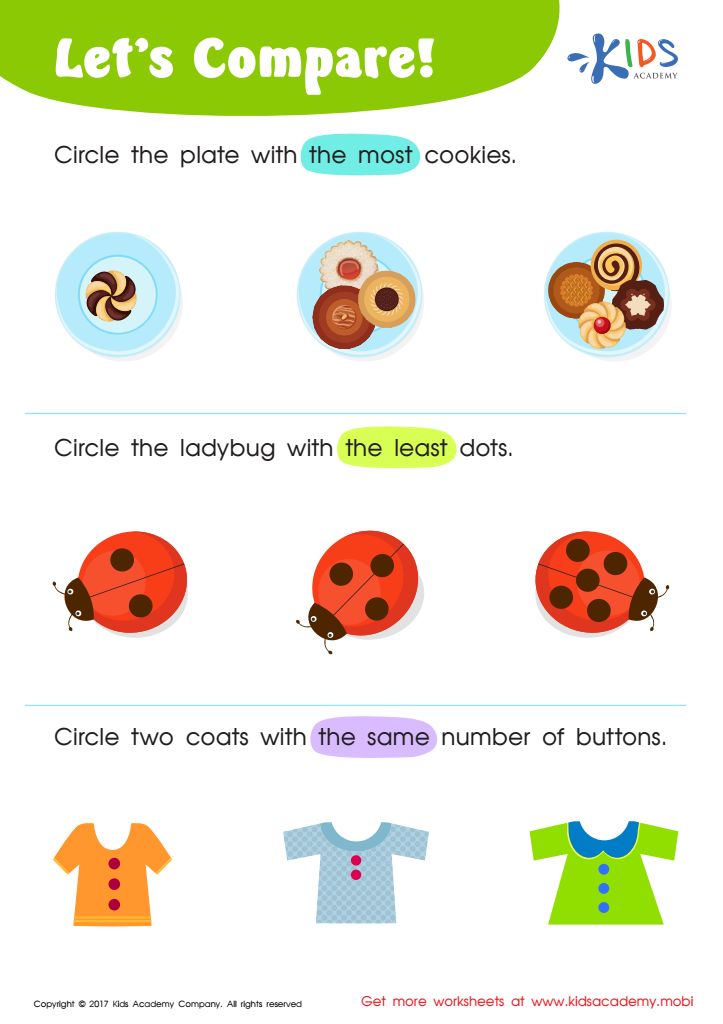

Matching: Classifying Toys by Size Worksheet
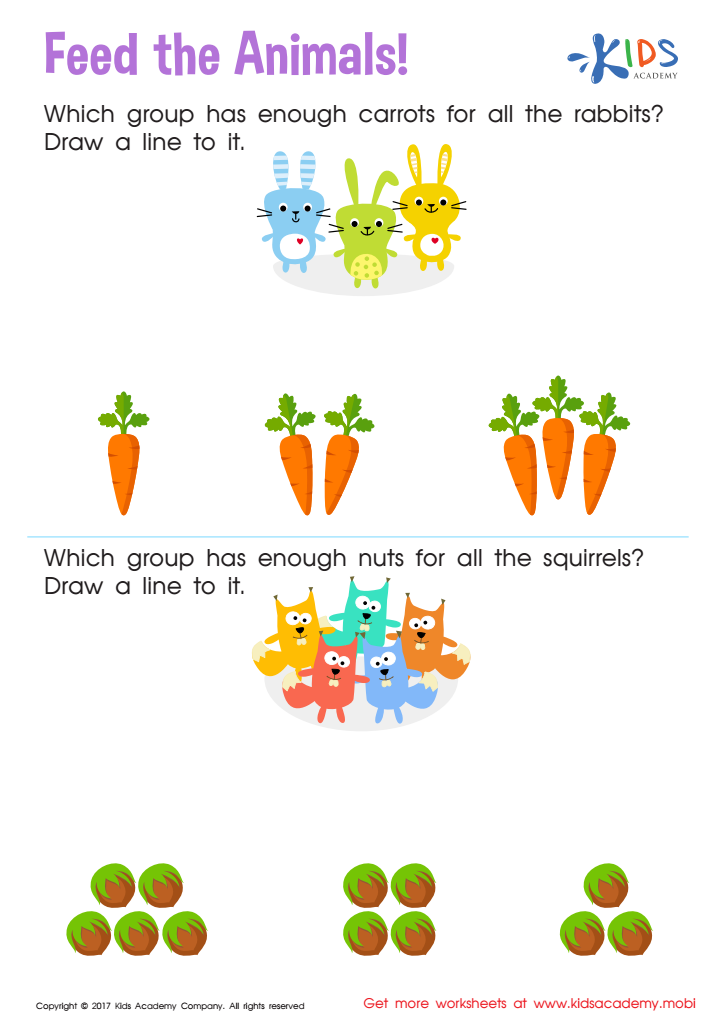

Count and Match: Feed the Animals Worksheet
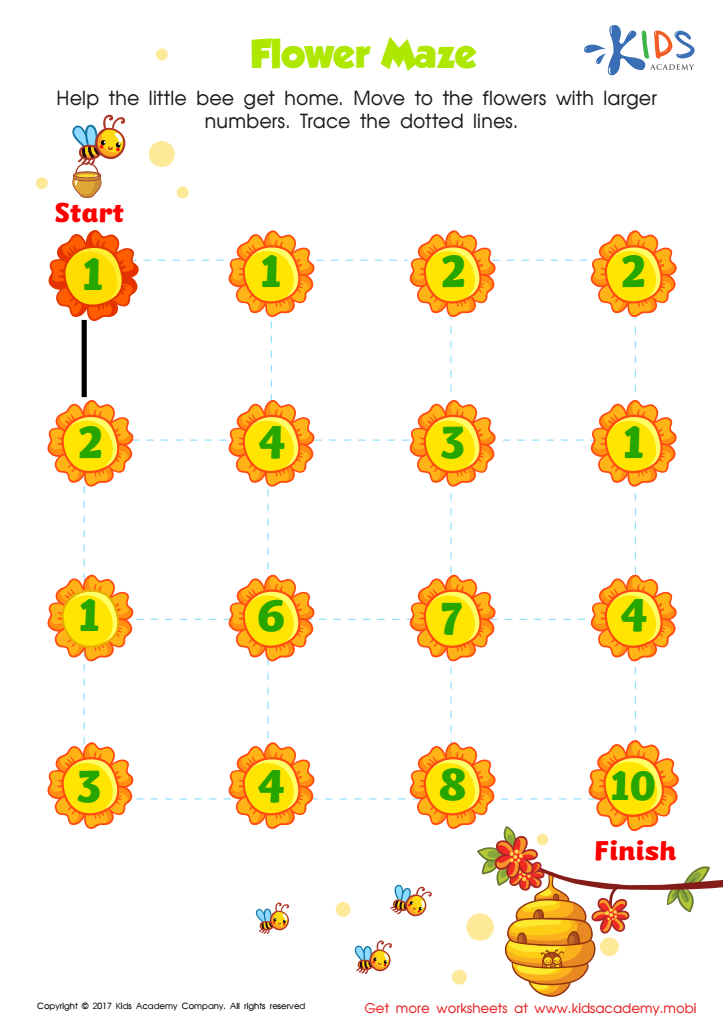

Number Maze For Kindergarten Printable
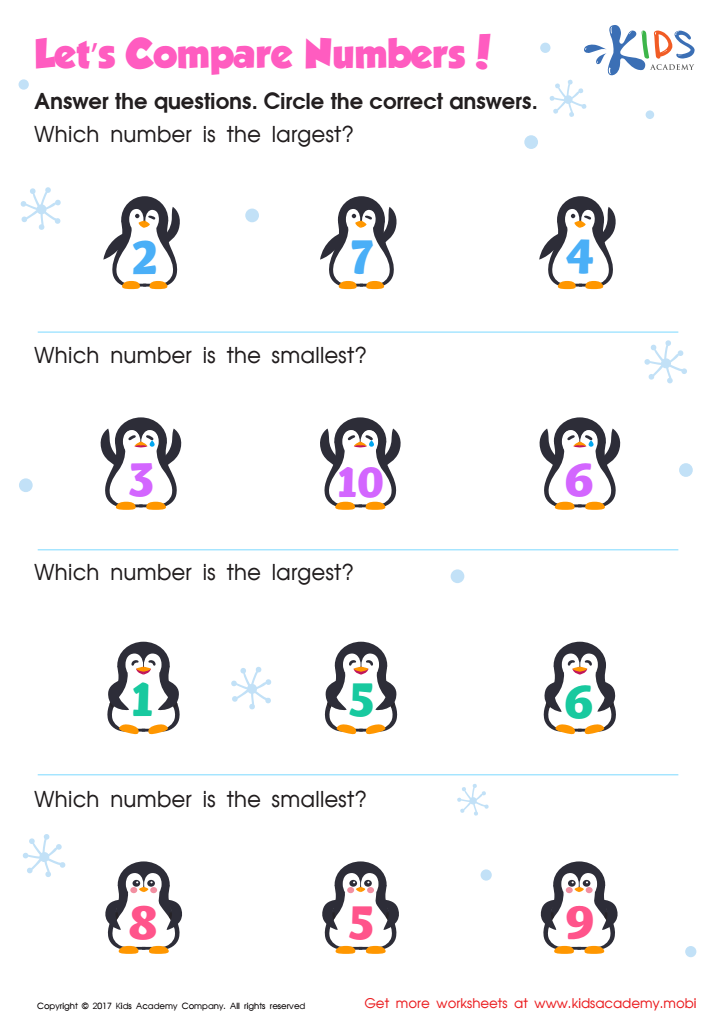

Comparing Numbers 1–10 Worksheet Kindergarten
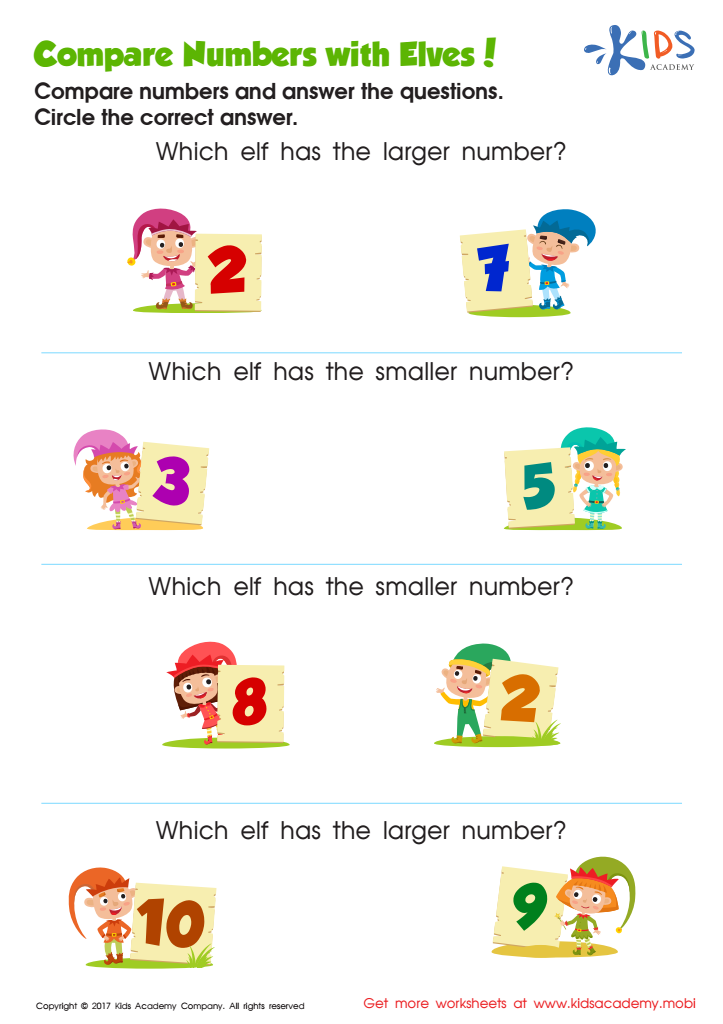

Comparing Numbers Worksheet for Kindergarten
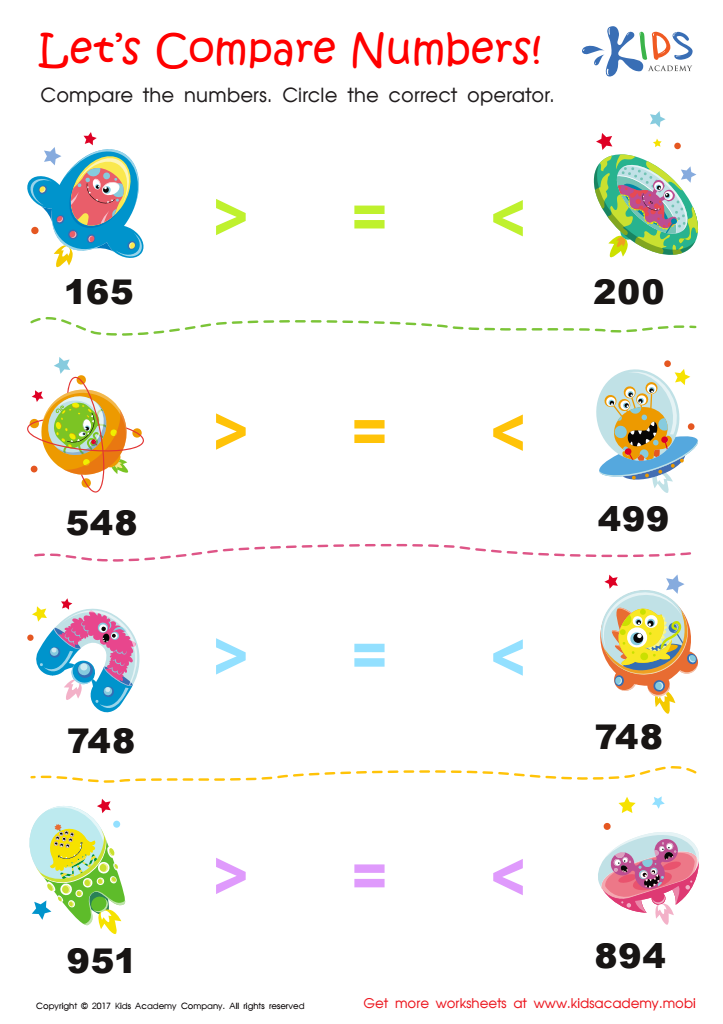

Comparing Numbers Worksheet for 2nd Grade
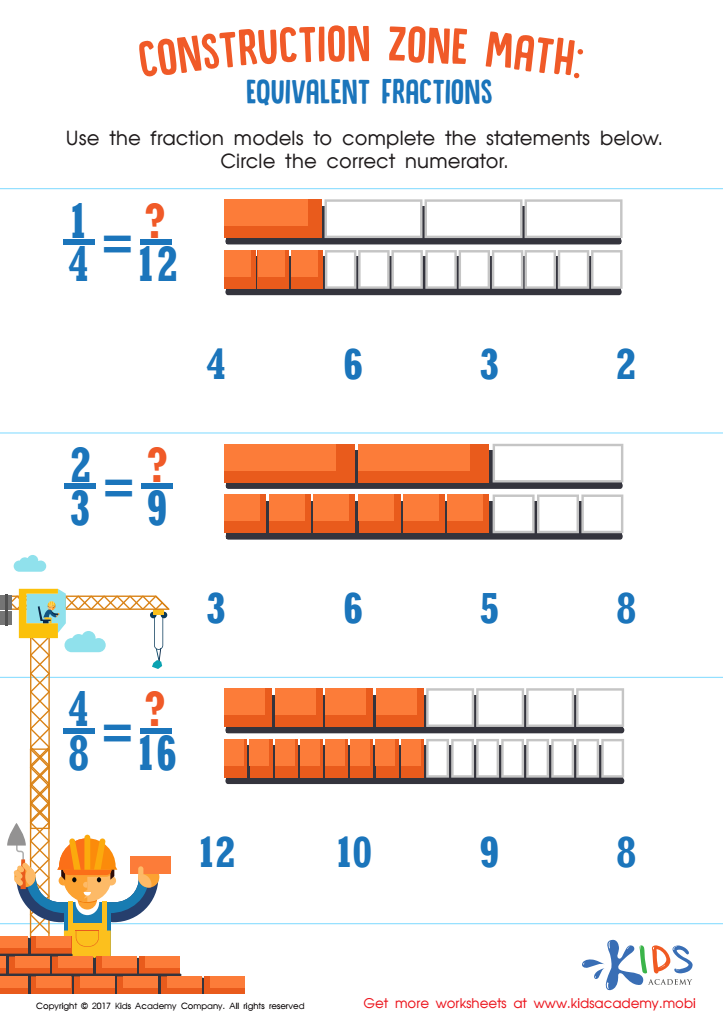

Equivalent Fractions Worksheet
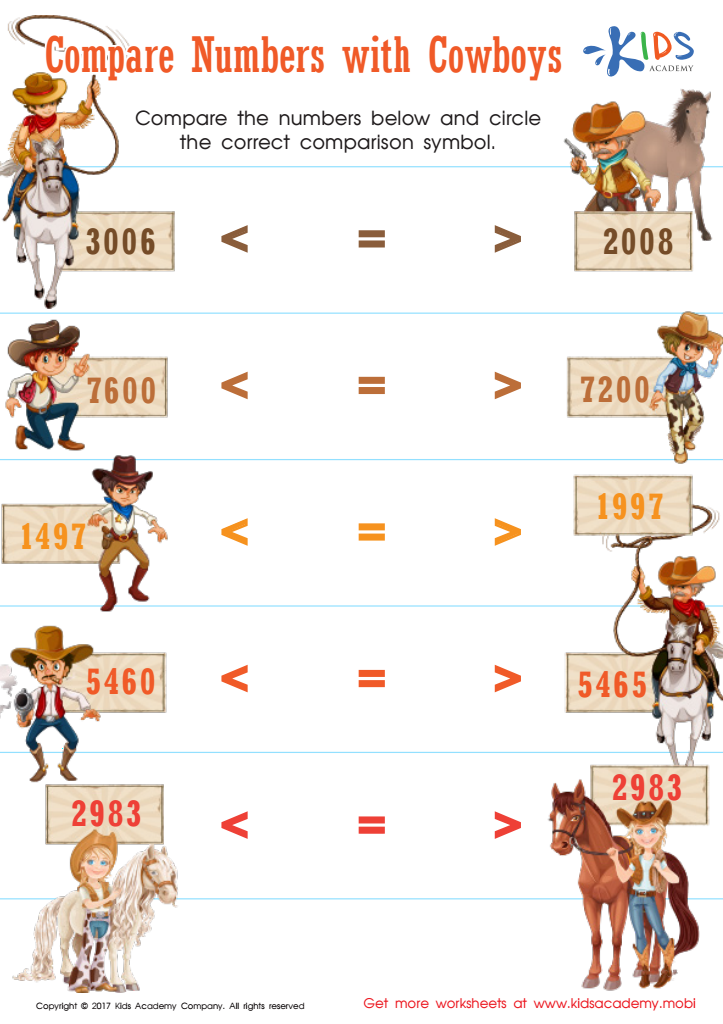

Compare Numbers Worksheet for 3rd Grade
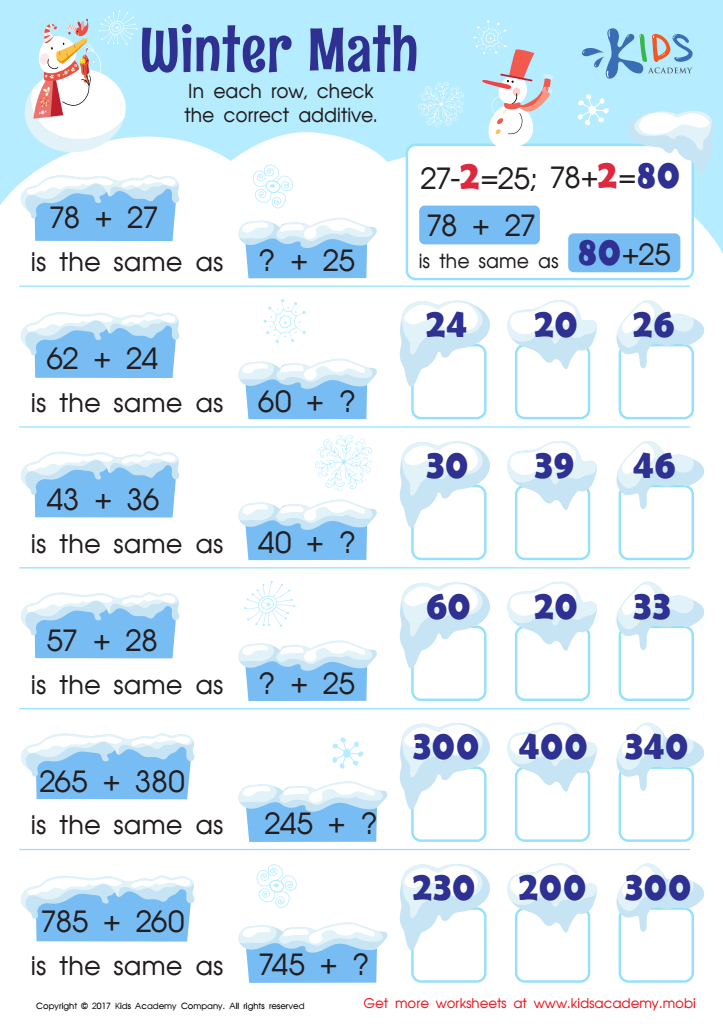

Free Addition Worksheet
Comparing numbers is a fundamental mathematical skill that lays the groundwork for understanding more complex concepts later on. For children ages 5-9, grasping how to compare numbers fosters logical thinking and problem-solving abilities. This skill aids them in recognizing quantities, understanding order, and developing number sense, which is crucial for everyday life.
Parents and teachers should care about this concept because it builds confidence in young learners, encouraging a positive attitude towards mathematics. Mastering comparisons enhances skills like estimation and mental math, which are vital for academic success. It can also help children better understand real-world situations, such as budgeting, measuring, and time management.
Moreover, comparing numbers enriches children's language and communication skills. As they learn to articulate differences between numbers using comparative terms such as 'greater than', 'less than', and 'equal to', they also develop their vocabulary.
By focusing on comparing numbers, parents and teachers can create engaging and meaningful learning experiences that motivate children, making math both enjoyable and relevant. This foundational skill not only boosts academic achievement but also prepares children for a lifelong journey with mathematics, making it an important focus in early education.
 Assign to My Students
Assign to My Students
